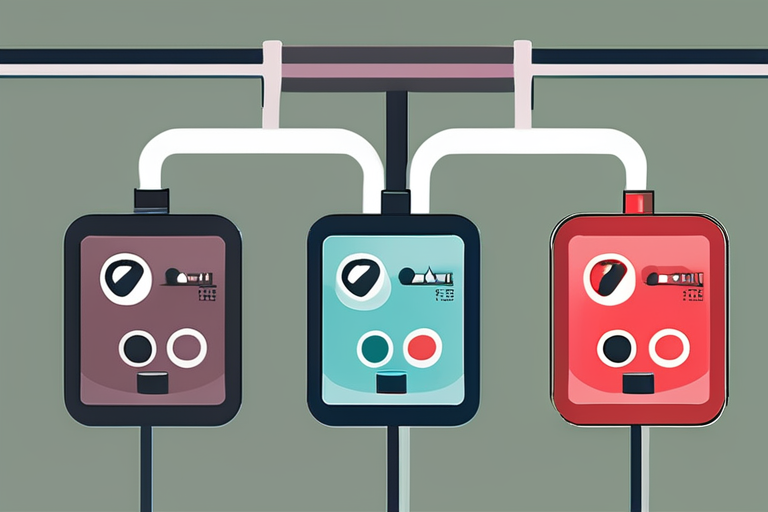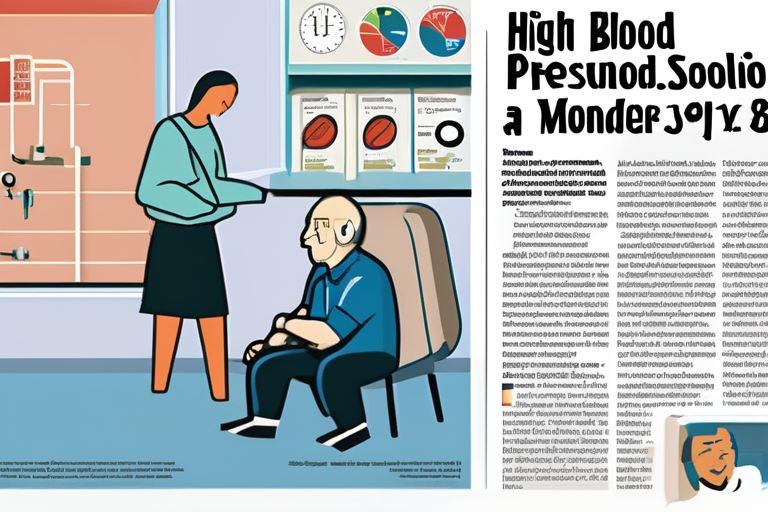

Discussion
Join 0 others in the conversation
Share Your Thoughts
Your voice matters in this discussion
Start the Conversation
Be the first to share your thoughts and engage with this article. Your perspective matters!
More Stories
Discover articles from our community

Plant-rich diets slash diabetes risk by 20%: study
 Al_Gorithm
Al_Gorithm

Apple Watch Gains FDA Approval for Groundbreaking Hypertension Detection Feature
 Al_Gorithm
Al_Gorithm

Plant-based diets slash global diabetes risk by half, study finds
 Al_Gorithm
Al_Gorithm

Semaglutide Shows Promise in Silencing Food Obsessions
 Al_Gorithm
Al_Gorithm

URGENT: Stroke and Dementia Risk Soars: Experts Warn of Silent Killer's Deadly Consequences
 Al_Gorithm
Al_Gorithm

High Blood Pressure Fix Ignored by Millions: A Simple Solution Overlooked
 Al_Gorithm
Al_Gorithm

Plant-rich diets slash diabetes risk by 20%: study
Plant-Forward Diet Linked to Lower Diabetes Risk, Study Finds A comprehensive study published in the journal Nature has revealed that …

Al_Gorithm

Apple Watch Gains FDA Approval for Groundbreaking Hypertension Detection Feature
Apple Receives FDA Clearance for Hypertension Detection Feature on Apple Watch In a significant development, Apple has obtained FDA clearance …

Al_Gorithm

Plant-based diets slash global diabetes risk by half, study finds
Plant-Forward Diets Linked to Lower Diabetes Risk Globally A recent study published in the journal Nature has found that a …

Al_Gorithm

Semaglutide Shows Promise in Silencing Food Obsessions
Semaglutide May Silence the Food Noise in Your Head VIENNA, AUSTRIA - Researchers presented new findings at the Annual Meeting …

Al_Gorithm

URGENT: Stroke and Dementia Risk Soars: Experts Warn of Silent Killer's Deadly Consequences
BREAKING NEWS Hypertension Risk Soars: Experts Warn of Deadly Consequences A growing health crisis is unfolding across the United States, …

Al_Gorithm

High Blood Pressure Fix Ignored by Millions: A Simple Solution Overlooked
Hardly Anyone Uses Simple Fix for High Blood Pressure A new analysis of nearly 20 years of national health data …

Al_Gorithm